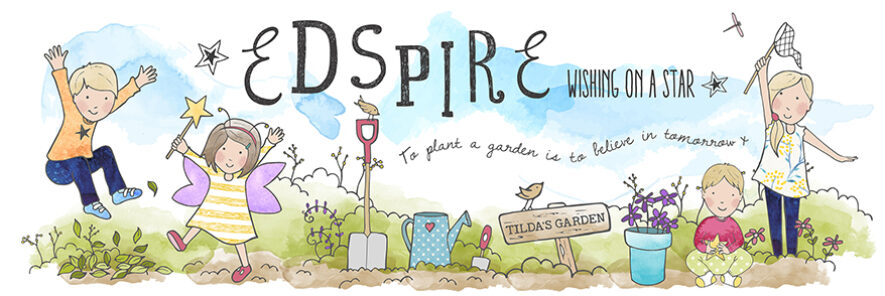Eating healthily throughout your pregnancy will help your unborn baby grow and develop. Pregnant women do not need to go on a special diet. However, it is important they eat a balanced diet that contains plenty of minerals and vitamins to help their unborn baby develop healthily and the mother stay fit and in good health herself.
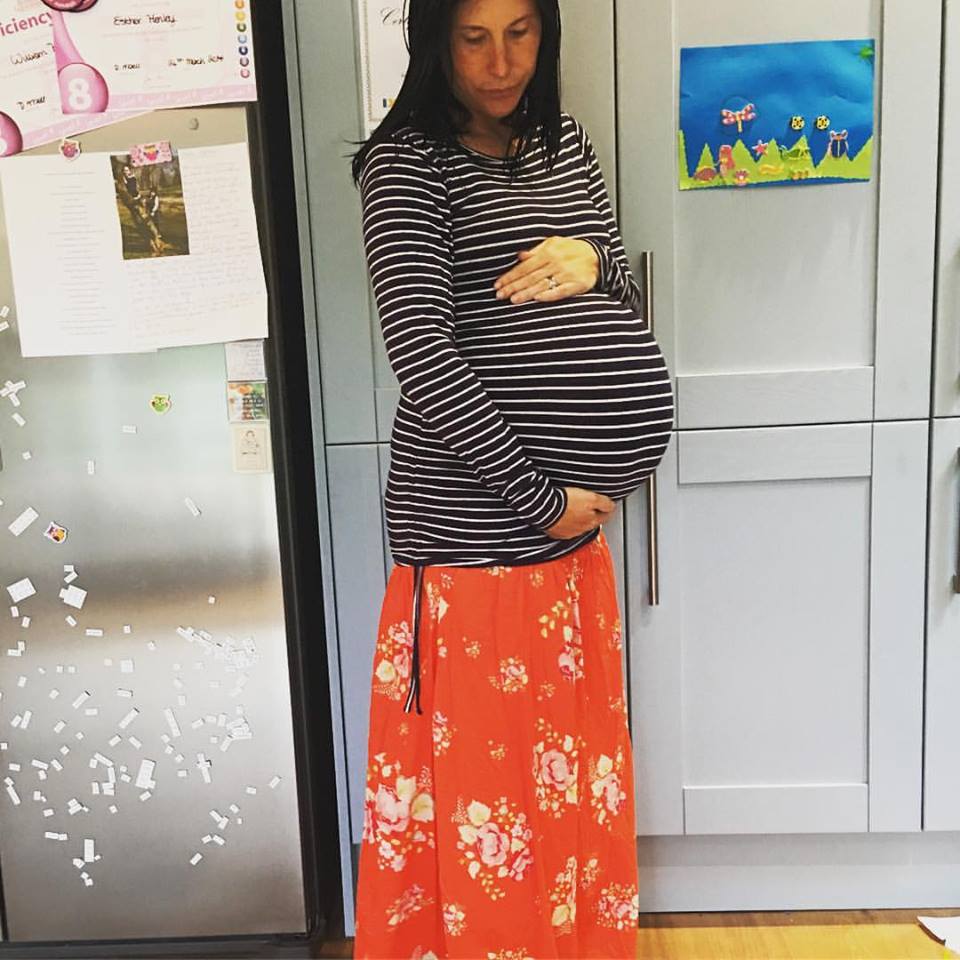
If you are pregnant or are trying to conceive, it’s important that you get the right nutrition that both yourself and your baby needs. It is also vital that women eat a good diet after giving birth, to help keep themselves strong and healthy, as well as their newborn baby.
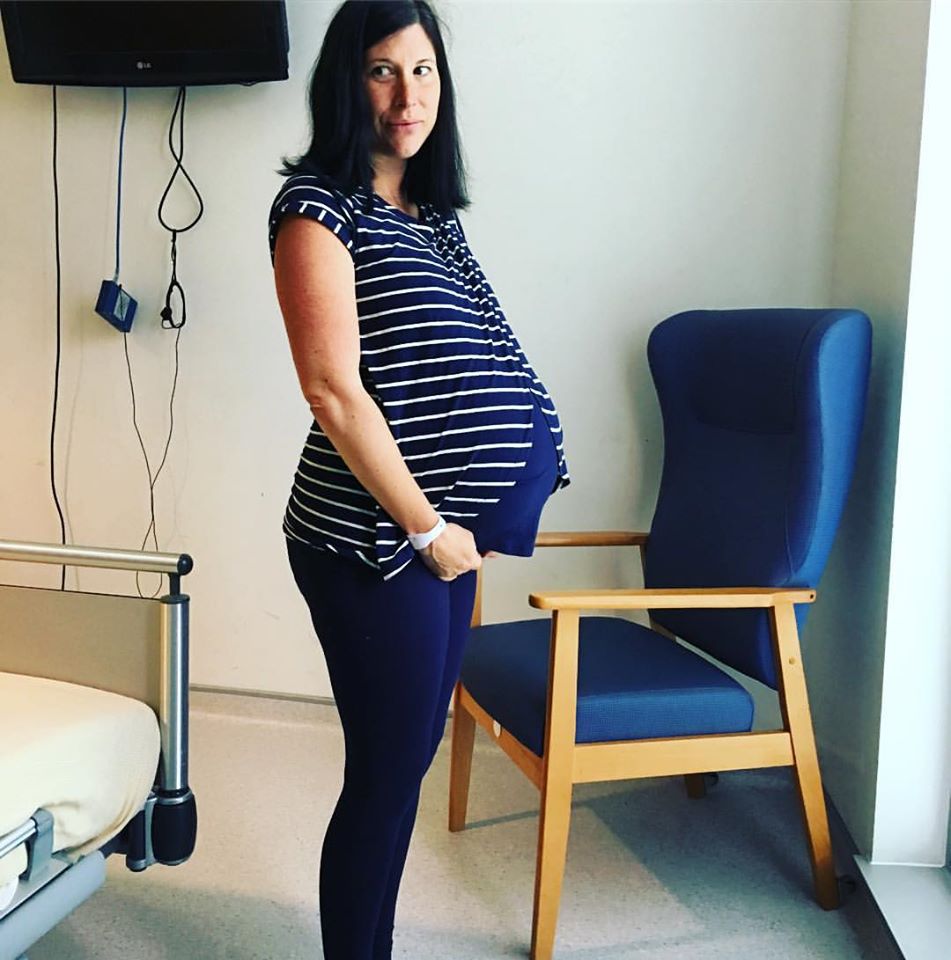
Hartmann Direct, suppliers of a diverse range of continence care products that are delivered discreetly, provides a pregnancy nutrition guide to help keep expectant mums, their unborn babies and, after giving birth, their newborns, healthy.
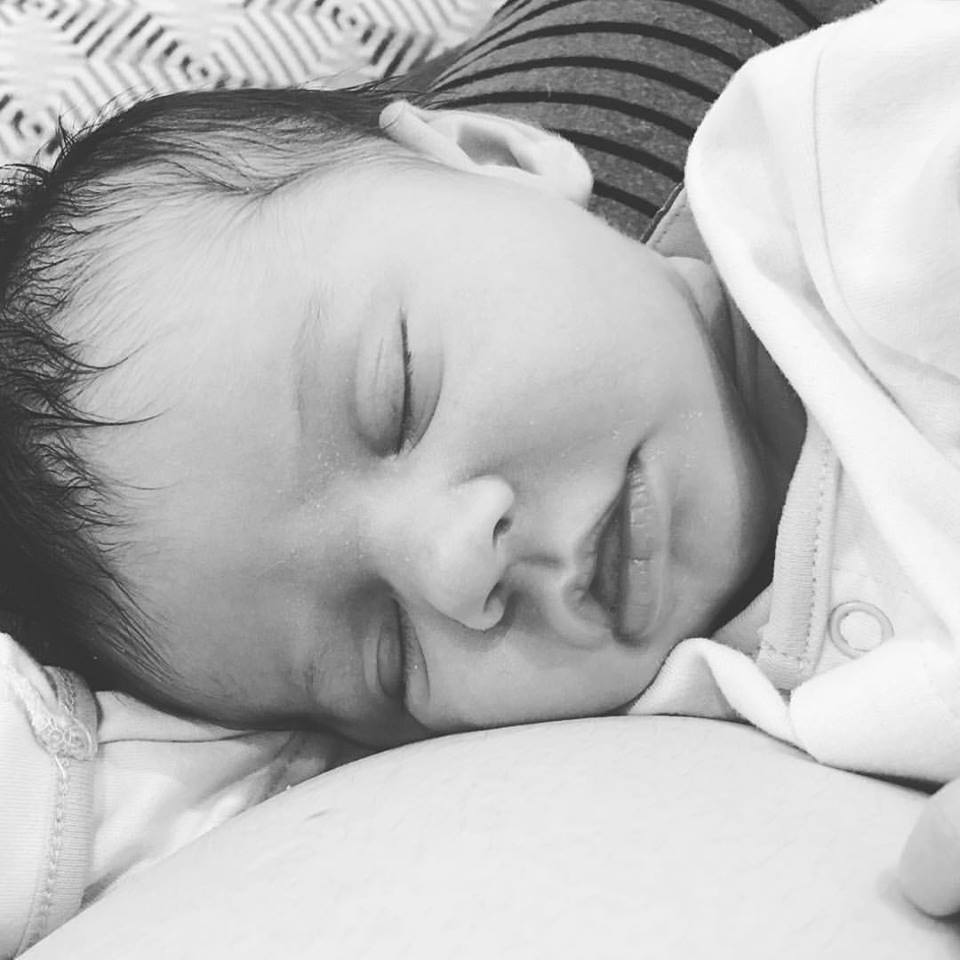
Folic acid
It has been long-established within the medical world that expectant women and those trying to conceive take a folic acid supplement. As the NHS notes, 400 micrograms of folic acid should be taken each day from before you are pregnant up until your 12th week of the pregnancy.
Folic acid helps to prevent neural tube defects, including spina bifida.
Folic acid can be found naturally in certain types of food, including green, leafy vegetables, some cereals and certain margarines. However, it is difficult to consume the recommended intake of folic acid from food alone and it is advised that women trying to conceive and in the early stages of pregnancy take a folic acid supplement.
Vitamin C
Vitamin C helps to protect the cells of an unborn baby and keep them healthy. A healthy, balanced diet should include sufficient amounts of vitamin C. To help ensure you get enough Vitamin C whilst you are pregnant eat plenty of fresh fruit and vegetables, particularly oranges, strawberries, sprouts and broccoli.
Calcium
Calcium is important for making your baby’s teeth and bones strong. Make sure you get enough calcium when you are expecting by eating milk, cheese and yoghurt. Green leafy vegetables are also a good source of calcium, as is fish that you can eat the bones, such as pilchards and sardines.
Foods to avoid
There are certain foods that doctors recommend avoiding as they run the risk of causing a pregnant woman to become ill or harming the unborn baby.
Foods to avoid or take precaution with when pregnant include:
• Pate
• Peanuts
• Raw/partly cooked eggs
• Certain types of cheeses
• Caffeine
• Game
• Ice cream
• Liver
• Foods that have soil on them
• Liquorice
• Raw shellfish
• Cold cured meats
• Sushi
• Smoked fish
• Herbal teas
• Milk and yoghurt
• Fish oil supplements
Nutrition when breastfeeding a newborn
Research shows that the majority of healthy breastfeeding women maintain an adequate supply of milk when they consume approximately 1800 – 2200 calories every day. Consuming less than 1800 calories a day may put a breastfeeding woman’s milk supply at risk.
Some of the best foods to eat when caring for and breastfeeding a newborn baby to help keep energy levels up, as well as a healthy supply of milk, include low-fat dairy products. Other recommended foods when breastfeeding include lean beef, blueberries, brown rice, oranges and legumes.
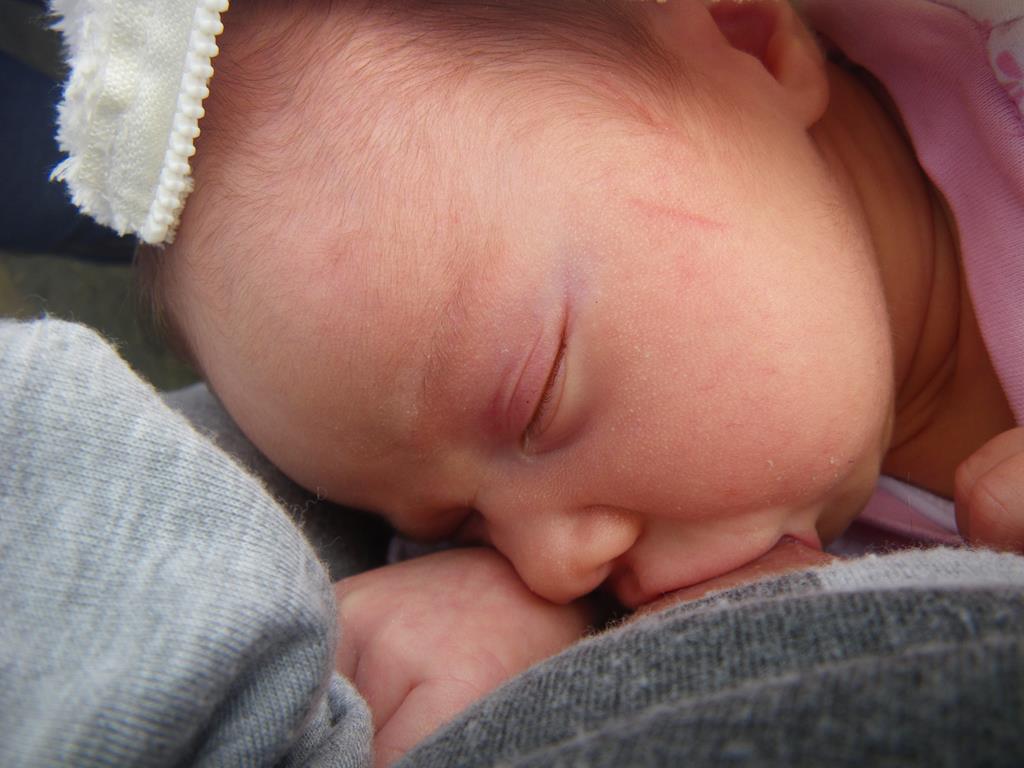
If you choose not to breastfeed your baby, it is still important you get a healthy, well-balanced diet to help keep energy levels up and help your body recover from the birth and regain your former weight.
Some of the foods recommended for women who have just given birth include:
• Whole grains
• Fruits and vegetable
• Dairy – preferably low-fat options
• Lean meat, including beef, soy foods and fish
• Leafy greens
• Iron
• Vitamin C enriched food such as strawberries and oranges
Foods to avoid when breastfeeding
Studies have shown that certain types of food cause babies to respond negatively. Not only this but a diet high in fat and sugar is likely to make new mothers feel more tired in the long term and prolong their goal of losing the baby weight.
Some of the key foods that babies can object to when they are being breastfed include:
• Spices, particularly chilli pepper, curry, garlic and cinnamon
• Citrus fruits, such as oranges, limes, lemons and grapefruit
• Pineapple
• Chocolate
• Strawberries
• Kiwifruit
• ‘Gassy’ vegetables, such as cabbage, onion, broccoli, garlic, cauliflower, peppers and cucumber
Common sense prevails that when you are trying to conceive a baby, are pregnant or are breastfeeding or looking after a newborn baby, a healthy, well-balanced diet will keep both you and your baby in good health.
This blog post was written by Hartmann Direct, suppliers of healthcare products across the UK.
